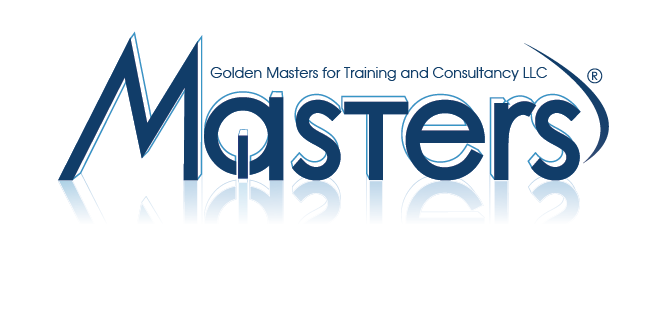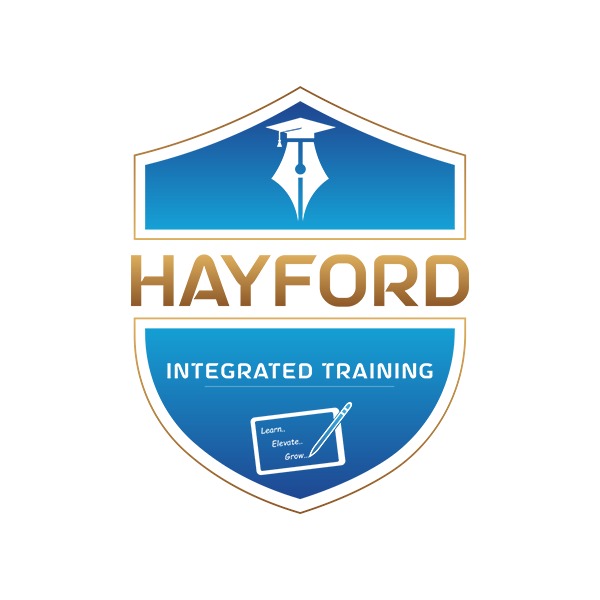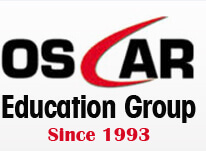Course Description
- Understanding and being able to undertake effective job analysis and evaluation is an essential activity for the Human Resource professional, and a powerful tool for line managers to use.
- Together these techniques form the basis of the requirements of a job role and determine the job's value or worth to the organisation, thereby helping ensure appropriate remuneration is applied. This allows positions to be objectively evaluated and the most appropriate structure for your organisation to be developed.
- This course is designed to provide participants with an understanding of job analysis and evaluation, how job analysis and evaluation is used as the basis for designing pay and grade structures and how these factors link to broader issues of employee motivation.
- This 5-days Program brings together some of the most important areas of leadership and human resource management: Mastering People Management & Team Leadership Skills, and Human Resources Development & Personnel Management. It will help business professionals:
- Stand back from the detail of their everyday specialism and appreciate the bigger picture required of management roles
- Apply effective people management skills confidently
- Develop practical and relevant skills that are suitable for both HR practitioners and line-managers with development or personnel responsibilities.
Course Objective
By the end of this program you will be able to:
- Understand job analysis and evaluation techniques
- Incorporate Behavioural competencies with job evaluation
- Comprehend the various stages involved in a job analysis and evaluation project
- Apply a pay structure to the job evaluation
- Compare the various techniques to analyse and evaluate specific jobs
- Explore connections between job analysis and job evaluation
- Examine different ways to implement these processes
- Develop different types of salary review arrangements
- Understand the basic principles and major elements of compensation.
- Understand the various processes in compensation: Job Analysis, Job Descriptions, Job Evaluation and Compensation Surveys.
- Determine and explain what makes up a sound and effective compensation and benefits program.
- Design a salary structure and related policies.
- Design and carry out a compensation survey.
- Work with, implement or enhance the processes used in their organisation
- Incorporate behavioural competencies within a job evaluation exercise
- Introduce and develop the role of job analyst
- Design job profile documentation
- Decide between different types of schemes
- Manage a job analysis project
- Manage appeals for regarding
- Maintain a job evaluation scheme
What You Will Cover:
Following completion of this unit, delegates will know how to:
- Understand the basic principles and major elements of compensation.
- Understand the various processes in compensation: Job Analysis, Job Descriptions, Job Evaluation and Compensation Surveys.
- Determine and explain what makes up a sound and effective compensation and benefits program.
- Design a salary structure and related policies.
- Design and carry out a compensation survey.
Work with, implement or enhance the processes used in their organisation
- Incorporate behavioural competencies within a job evaluation exercise
- Introduce and develop the role of job analyst
- Design job profile documentation
- Decide between different types of schemes
- Manage a job analysis project
- Manage appeals for regarding
- Maintain a job evaluation scheme
- Managing your workload using effective prioritization, delegation and information management techniques
- Maximizing your influencing skills
- Developing and leveraging the capabilities of team members
- Implementing the latest techniques in Human Resource Management
- Understanding the advantages of effective human resource management
- Building awareness of key HRM, HRD and HRP strategies for improving organisational success
Training Methodology:
The course will be conducted in a participative style with the emphasis being on involvement and discussion. There will be a series of practical exercises as well as a number of case studies and syndicate exercises.
Competencies Emphasised:
This program aims to enable participants to develop the following competencies:
- Analytical thinking
- Attention to detail
- Information seeking
- Interpersonal understanding
- Management control
- Organisational awareness
- Planning and organising
- Teamwork
Course Certificate:
Masters Consultant certificate will be issued to all attendees completing minimum of 75% of the total tuition hours of the course.
Who Should attend?
Professionals working in the function who wishes to acquire relevant knowledge and skills and any one who have responsibility for influencing pay policy within their organisation and want to understand more about job evaluation and what is involved in the design of pay and grading structures. This will include generalist line and HR professionals as well as compensation and benefit specialists.
This Program is designed for HR practitioners and other functional specialists with development or personnel responsibilities, particularly those who are interested in enhancing their leadership influence. Professionals with an interest in developing their practical and technical people management and development skills would also benefit by attending.
Course Outline:
DAY 1
An Introduction to the techniques
- The corporate environment
- The HR role and line management responsibilities
- An introduction to job analysis
- An introduction to job evaluation
- The use of Behavioural competencies
- The need for job analysis and evaluation
- The relationship with wider reward management planning
- Change Management
Introduction to HRM, HRD and HRP
- Program introduction and objectives
- Human Resource Management V Personnel Management
- Human resource development (HRD)
- Human resource planning (HRP)
- Assessing the value of HRM HRP& HRD
- Strategic HRM – the new HR Strategic Model
- Outsourcing
Understanding Your Role
- Leader or manager?
- Beyond the job description: finding out what your organisation requires of you
- Balancing conflicting stakeholder demands
- Understanding the nature of change
- A model for implementing change
DAY 2
Job Analysis and Job Descriptions
- Principle Approaches to Job Analysis
- Carrying Out a Job Analysis Interview
- The Need for Job Descriptions
Job Evaluation
- Job Evaluation Defined and Job Evaluation Methods
- The Hay System- An Overview
- Well known international System Explained
Resourcing & Recruitment – new techniques and innovations
- The employment psychological contract
- The process approach to interviewing
- Personality Questionnaires and forms of testing
- Methods of detecting when applicants don’t tell the truth
- The new recruitment process to avoid litigation
- The value of using assessment centers
- The value of using professional head hunters
DAY 3
Job Analysis Techniques
- Definition of role and job analysis
- Compare various techniques to analyse specific jobs
- Examine different methodologies
- Designing appropriate job profile documentation
- Selecting benchmark jobs
- The role of the job analyst
- Collecting, recording and analyzing information
- The job analysis interview
- Completing the job profile document
Types of Scheme
- Definition of job evaluation
- Uses of job evaluation
- Examine different methodologies
- Analytical and non-analytical schemes
- Points rating
- Factor comparison
- Job ranking
- Internal benchmarking or job matching
- Job classification
- Assessing evaluation schemes
DAY 4
Implementation and Operational Considerations
- Explore the links between job analysis and job evaluation
- Design and operational guidelines
- Grade structure guidelines
- Implementation framework
- Options for implementation – full or staged
- Communicating the results
- Managing appeals for re-grading
- Job Analysis and Evaluation
DAY 5
Employee Motivation
- Employee Motivation
- Merit pay and incremental pay
- Selecting and training analysts
- Putting in place arrangements for on-going maintenance
- Review of success criteria
- Personal planning





